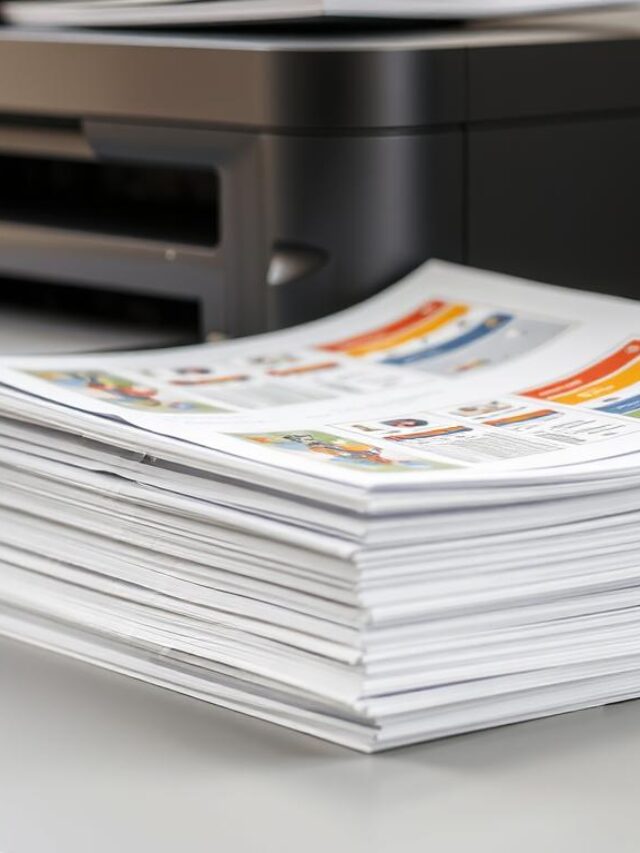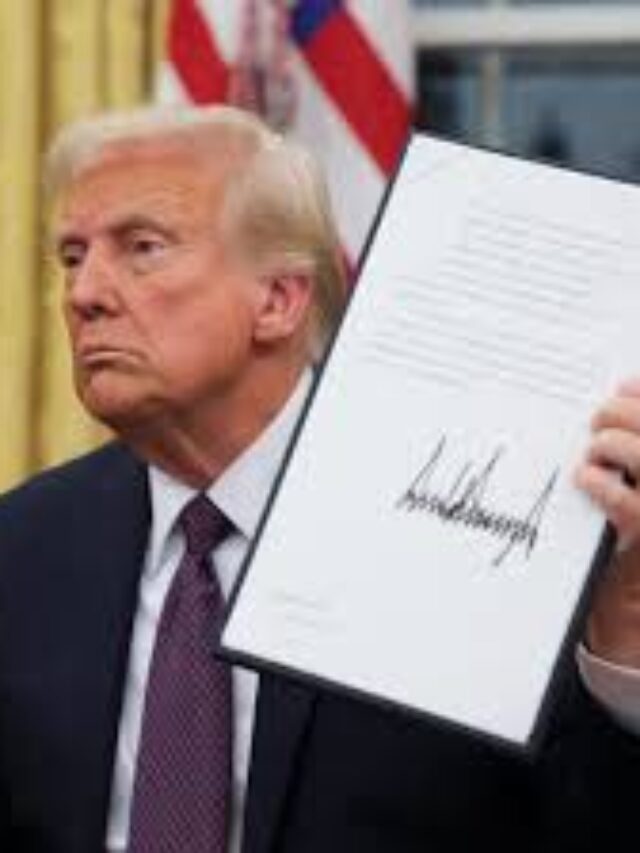The declassification of JFK files has been a topic of immense intrigue for decades. These files pertain to the assassination of President John F. Kennedy, an event that shook the world on November 22, 1963. The release of these documents promises to shed light on one of the most controversial and mysterious events in American history. The JFK assassination has sparked countless theories, investigations, and debates, making these files critical for understanding the truth behind this historic tragedy. Over the years, both researchers and the public have eagerly anticipated the release of these files, hoping to find answers to questions that have lingered for decades.
What Are the JFK Files?
The JFK files are a collection of documents held by various U.S. government agencies, including the CIA, FBI, and National Archives. These records contain an extensive range of information, including:
- Investigations into Kennedy’s assassination and subsequent findings.
- Testimonies from witnesses and officials who were involved in or had knowledge of the case.
- Information about Lee Harvey Oswald, the alleged assassin, including his background, travels, and associations.
- Data on conspiracy theories and international involvement have fueled public debates for decades.
Since the Assassination Records Collection Act of 1992, these files have been gradually released, with the latest batch being made public in recent years. The act was designed to ensure transparency and provide the public with access to information about this pivotal historical event. The gradual release has allowed researchers to piece together a clearer picture of the events surrounding the assassination, although some mysteries persist.
Key Findings From the Declassified JFK Files
The recently declassified JFK files offer several new insights, shedding light on key aspects of the case that were previously hidden. These findings include:
1. Lee Harvey Oswald’s Movements
The documents provide detailed information about Lee Harvey Oswald’s activities before the assassination. This includes his trip to Mexico City, where he visited the Cuban and Soviet embassies, raising questions about his motives and connections. Evidence from the files indicates Oswald was actively seeking contacts that may have aligned with his personal or ideological goals, adding complexity to his actions leading up to the tragic event.
2. CIA and FBI Operations
Some files reveal the extent of CIA and FBI monitoring of Oswald before the assassination, raising questions about whether the tragedy could have been prevented. These revelations highlight significant gaps in communication and decision-making within these agencies, sparking concerns over missed opportunities to intervene. The files also indicate internal tensions and disagreements within these organizations about how to handle potential threats.
3. International Involvement
The declassified records hint at possible foreign involvement or interest in the assassination, including potential links to Cuba and the Soviet Union. This aspect has fueled ongoing speculation about the role of Cold War politics in the event. Some documents suggest that both Cuban and Soviet officials may have been aware of Oswald’s activities or intentions, but definitive conclusions remain elusive.
4. Conspiracy Theories
New documents address popular JFK conspiracy theories, such as the possibility of multiple shooters or government cover-ups. While some claims have been debunked by the evidence, others continue to intrigue researchers. The files include testimonies and reports that both confirm and refute elements of these theories, keeping the debate alive. Notably, the enduring mystery of whether Oswald acted alone or as part of a broader conspiracy remains a focal point of investigation.
Why the JFK Files Matter
The declassification of JFK files is more than a historical milestone; it is a step toward greater transparency. These files hold immense significance for several reasons:
- Closure for the American Public: The Kennedy assassination remains an emotional subject for many, and these files provide answers to lingering questions that have haunted the nation.
- Historical Accuracy: Researchers and historians gain access to primary sources that clarify events, correct past narratives, and fill in critical gaps in the story.
- Accountability: The files ensure government actions are scrutinized and understood, fostering trust and accountability. They serve as a reminder of the importance of oversight in sensitive matters.
- Educational Value: For students, academics, and history enthusiasts, these documents offer an unparalleled opportunity to explore a defining moment in modern history.
FAQs About the JFK Files
What Are the JFK Files?
The JFK files are government documents related to the investigation of President John F. Kennedy’s assassination. They include evidence, reports, and communications from various agencies.
When Were the JFK Files Declassified?
The files have been gradually released since the 1990s, with significant releases occurring in 2017, 2021, and 2023. Each release has brought new information to light.
What Do the JFK Files Reveal?
The files provide insights into Lee Harvey Oswald’s activities, CIA and FBI involvement, and possible conspiracy theories. They also shed light on international dimensions of the case.
Are All JFK Files Declassified?
No, some documents remain classified for national security reasons. The continued withholding of certain files has led to ongoing public and scholarly interest in their eventual release.
Can the Public Access the JFK Files?
Yes, the files are available through the National Archives and other online platforms, making them accessible to anyone interested in exploring this historic event.
Conclusion
The declassification of JFK files marks a pivotal moment in understanding a dark chapter in American history. These documents provide valuable insights into Lee Harvey Oswald’s motives, the role of intelligence agencies, and the enduring conspiracy theories that surround the event. By examining the evidence, researchers and the public gain a deeper appreciation for the complexity of the JFK assassination and the geopolitical climate of the time.
While many questions have been answered, others remain unresolved, fueling further research and debate. The JFK assassination continues to captivate the world, and these files offer a chance to revisit the past with fresh perspectives. For those seeking the truth, the ongoing analysis of these records is both a challenge and an opportunity.
By continuing to analyze these files, we not only honor President Kennedy’s legacy but also uphold the values of transparency, truth, and accountability. The journey to uncover the complete story may not be over, but every newly revealed detail brings us closer to the truth. With each discovery, the broader implications for justice, governance, and historical understanding come into sharper focus, ensuring that this tragic moment in history remains a source of reflection and learning for generations to come.




1 thought on “Declassified JFK Files: Unveiling the Secrets of History”